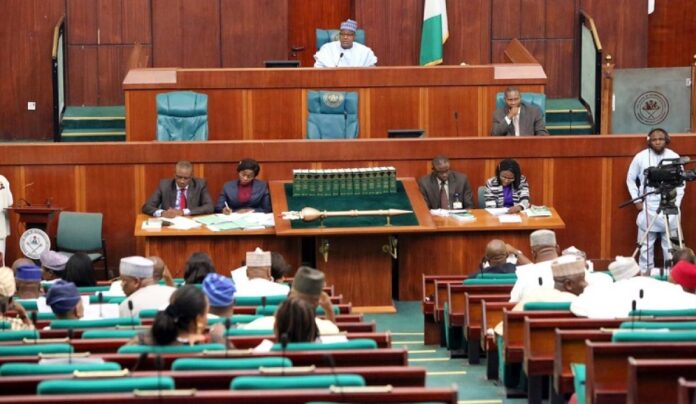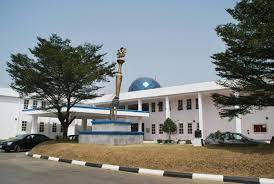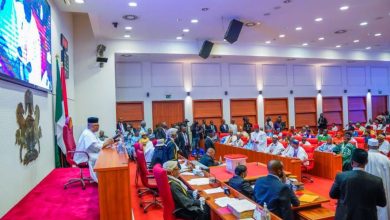Reps raise alarm over terror threats to bomb National Assembly

The House of Representatives has raised alarm over credible terrorist threats to bomb the National Assembly Complex in Abuja, a development lawmakers warn could cripple parliamentary activities and endanger Nigeria’s democratic stability.
The revelation came on Tuesday during a public hearing on a bill seeking to establish a Legislative Security Directorate, a new institutional framework aimed at strengthening security within the federal legislature.
The hearing, held at the National Assembly complex in Abuja, was chaired by Honourable Garba Muhammad, Chairman of the House Committee on Internal Security.
Muhammad confirmed that security agencies had received intelligence indicating plans by terrorist groups to attack the complex.
He warned that the potential consequences could be devastating if urgent preventive measures were not taken.
“We have received threats from terrorists to bomb the National Assembly Complex and threats from protesters to lock up the National Assembly,” Muhammad said.
He explained that the National Assembly had long grappled with internal security lapses, including theft, vandalism, and unauthorised access to lawmakers’ offices.
“Legislators are exposed to threats from constituents and others who gain easy access to their offices without any formal appointment,” he added.
The lawmaker from Kano State stressed that failure to act swiftly could disrupt legislative business and undermine the functioning of government.
“It is obvious that with the ongoing security challenges, if proper measures are not taken, it will truncate legislative activities in the National Assembly.
“If activities are thwarted, there will be no representation, no oversight, no annual budget, no plenary and that will destabilise democracy, the legislative process, and the stability of our nation.”
The Legislative Security Directorate Bill (HB 1632) seeks to establish an independent body to manage and coordinate all security operations within the National Assembly.
Its responsibilities would include screening visitors, conducting intelligence and threat assessments, coordinating with national security agencies, and ensuring the protection of legislators, staff, and public property.
Muhammad said the new legislation aimed to strike a balance between public access and institutional safety.
“The need for effective security measures in the National Assembly cannot be overemphasised because parliament has to remain accessible to the public.
“However, this bill is committed to ensuring the best security architecture in the National Assembly to protect legislators, staff, visitors, and property,” he said.
He also urged State Houses of Assembly to adopt similar measures to safeguard their complexes, describing the initiative as “a major step toward securing Nigeria’s democratic institutions.”
This is not the first time such threats have emerged. In May 2021, lawmakers received a security alert warning of a planned Boko Haram attack on the National Assembly and other key government buildings in Abuja a development that led to tighter screening and restricted access at the time.
Security analysts have often described the National Assembly as a “soft target,” citing its high volume of daily visitors and limited perimeter control.
They have called for a technology-driven, centralised security system to prevent potential breaches.
The House leadership has pledged to fast-track the bill’s consideration, while interim measures including stricter visitor screening, digital identity verification, and enhanced surveillance were being introduced.
As Nigeria continued to confront multiple security challenges nationwide, the latest threat to the legislature underscored the urgent need to fortify one of the country’s most vital democratic institutions.



